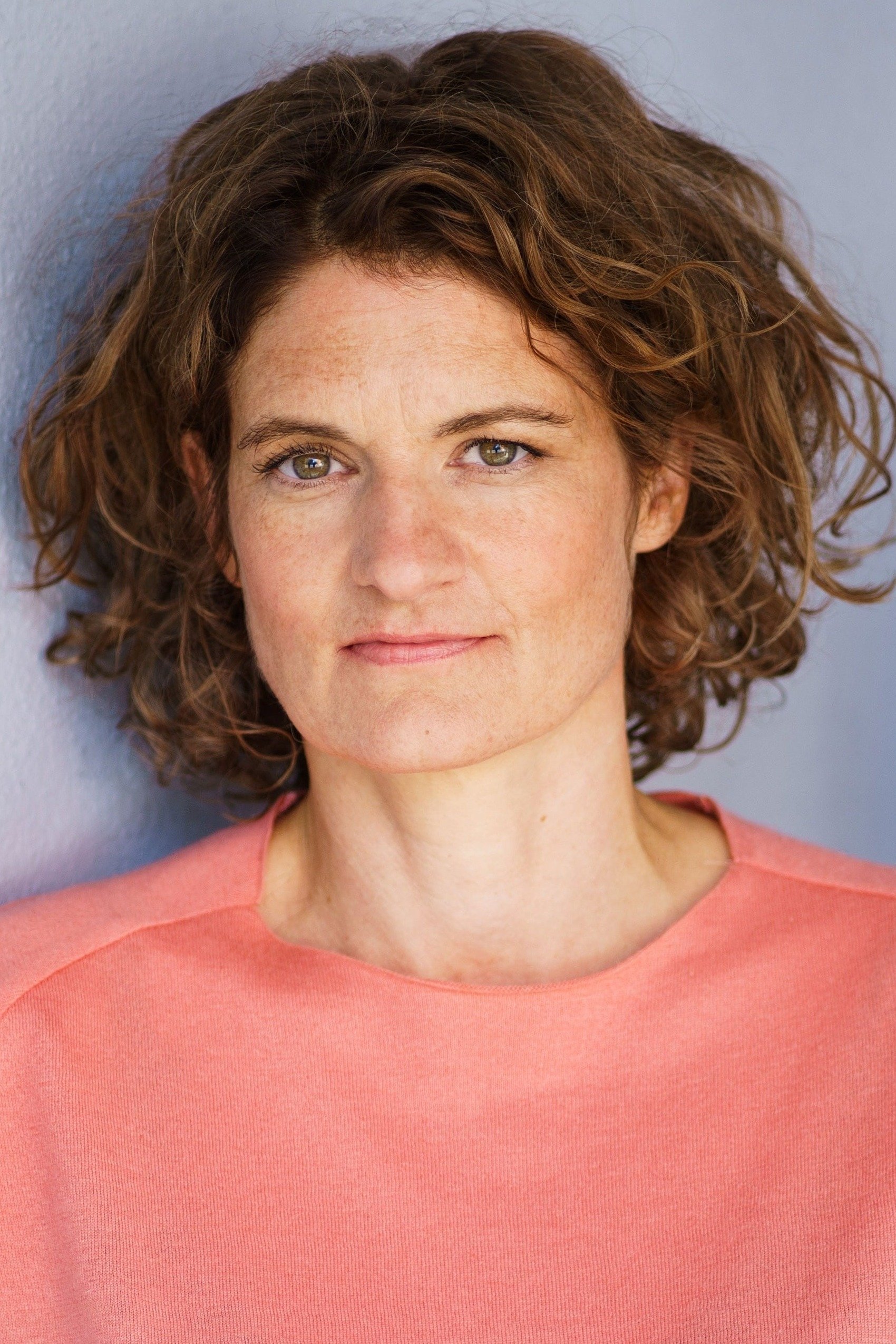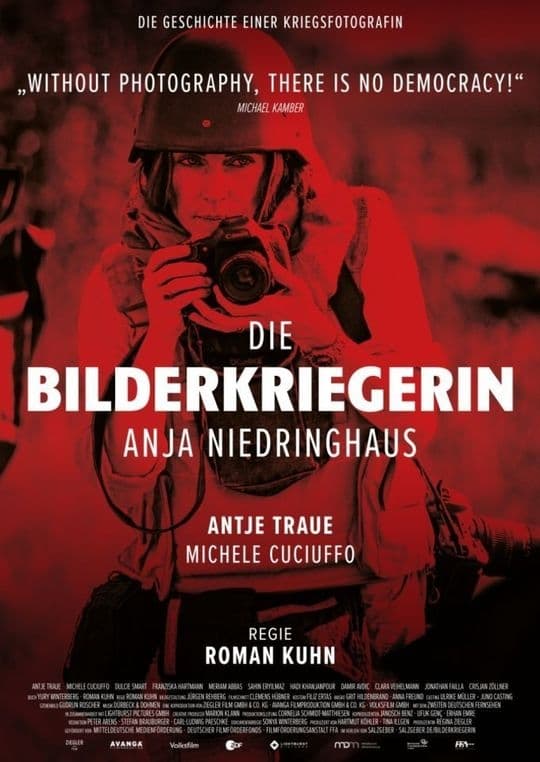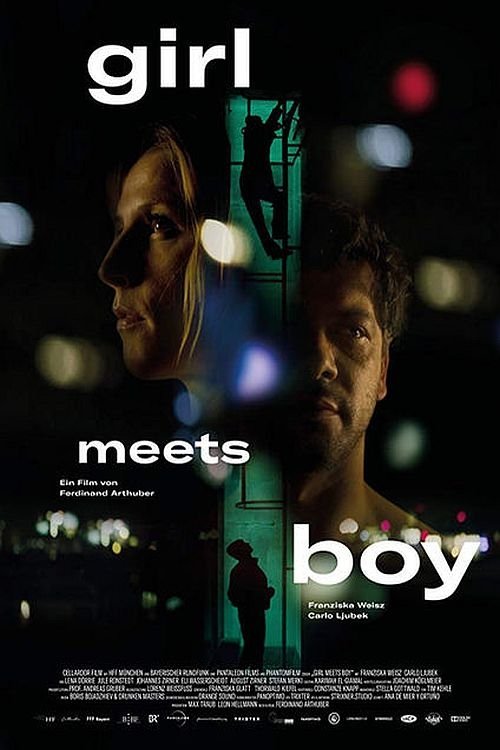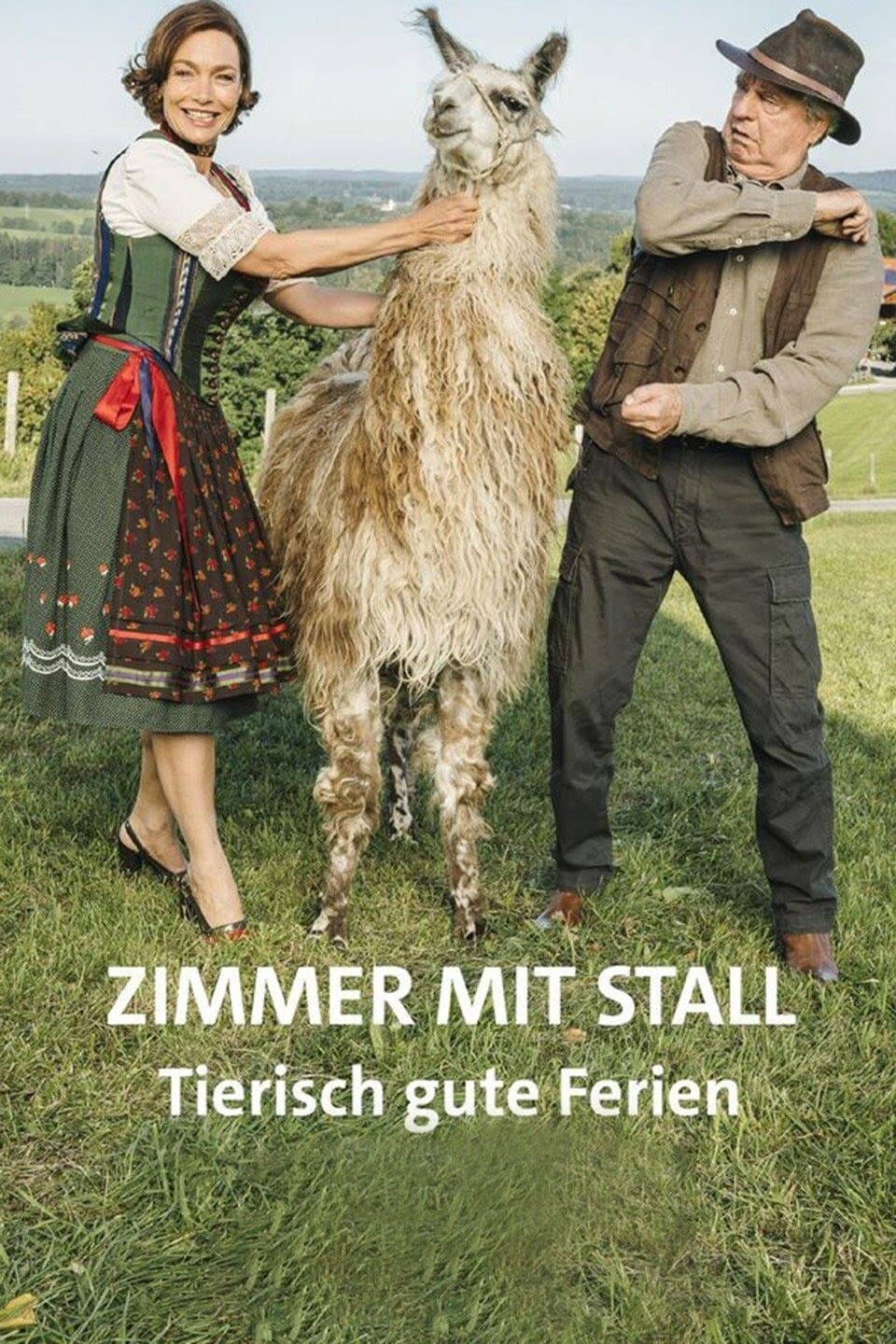

Elisabeth "Eli" Wasserscheid (born October 22, 1978 in Bamberg) is a German actress. Wasserscheid was trained at the New Munich drama school under Ali Wunsch-König. Afterwards she had engagements at the Schauburg Munich, National Theater Mannheim, Stadttheater Fürth and Kampnagel in Hamburg. She belongs to the ensemble of the Metropoltheater in Munich. From 2004, she appeared in several short films; She had her feature film debut in Bad Sandhartshofen in 2006 (directed by Eric Grun). In the following years she worked with directors such as Dominik Graf, Franz Xaver Bogner, Ed Herzog, Matthias Kiefersauer, Johannes Fabrick and Andreas Senn. In 2014 she was nominated for the Bavarian Art Prize in the field of Performing Arts. Since April 2015, she has played Police Commissioner Wanda Goldwasser in Tatort

Photographer Anja Niedringhaus was 26 when she came to Sarajevo...


In order to save her mountain guesthouse from ruin, Sopie...